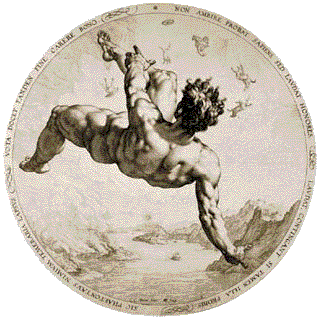1818 · Edinburgh
by Hamilton, James
Edinburgh: Archibald Constable and Company [et al.], 1818. Sixth edition, with additions, revised by the author. Near Fine. 8vo, pp. xxxii, 223, [1]; uncut and largely unopened; engraved portrait frontispiece by Burnet after Raeburn. Original brown paper-covered boards, printed paper label on spine (very minor occasional foxing). EARLY 19TH-CENTURY MEDICAL BOOKS ALMOST NEVER SURVIVE IN FINE ORIGINAL CONDITION, AS HERE. Indeed, most of them -- for obvious reasons -- were literally read to pieces. Hamilton (1749-1835) was an esteemed Scottish physician who served at the Trades Maiden Hospital, George Heriot's Hospital, and was (for over 30 years) as a physician to the Royal Infirmary. He developed the use of a purative to treat typhus fever, and broadened the use of it to a number of other diseases. The present "Observations on the Utility and Administration of Purgative Medicines" was first published in 1805 and proved popular, with eight subsequent in Britain (as here) and three American editions. It would be amazing if any copies from these editions are preserved in such excellent state. It comes from the astounding collection of books in original publisher's boards formed by Jonathan E. Hill, author of several articles on the subject, such as "Early Boards in the London Market" (PBSA, 2020), '"Collecting Books in Boards" (The Private Library, 2015), "Minerva at Aberdeen: A. K. Newman and Books in Boards" (Romantic Textualities: Literature and Print Culture, 1780-1840, 2006), "From Provisional to Permanent: Books in Boards 1790-1840" (The Library, 1999), and others. With Hill's discreet yet very distinctive "J.E.H." monogram in pencil on page 12, as commonly.
Heirs of Hippocrates 1089; Wellcome III, 203. (Inventory #: 4294)
Heirs of Hippocrates 1089; Wellcome III, 203. (Inventory #: 4294)












![[WOMEN'S LITERATURE FROM IRELAND]. Poems by Lady Manners. [ORIGINAL DRAB BOARDS]](https://d3525k1ryd2155.cloudfront.net/h/212/088/1654088212.0.m.jpg)
![[WOMEN'S LITERATURE]. Correspondence between a Mother and her Daughter at School [ORIGINAL DRAB BOARDS]](https://d3525k1ryd2155.cloudfront.net/h/382/086/1654086382.0.m.jpg)